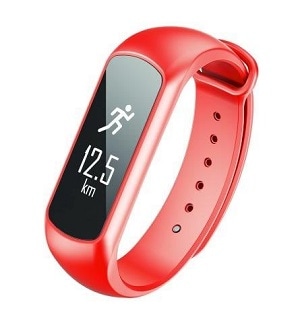Feb 16 2017
 Denis Faraktinov/Shutterstock.com
Denis Faraktinov/Shutterstock.com
Wearable electronics are already in the market, with sports bands or watches being the most prominent types sold. Soon products that are more comfortable could become available in softer materials made partially using a surprising ingredient: green tea. The research is elaborated in an article in ACS’ The Journal of Physical Chemistry C.
The new compact and flexible rechargeable energy storage device for wearable electronics is infused with green tea polyphenols.
A long-lasting energy source to power soft wearable electronics continues to be a huge challenge. Supercapacitors could probably be an answer to this power requirement. It can also rapidly charge and discharge numerous times.
However most supercapacitors are rigid, and the compressible supercapacitors developed to date face a number of roadblocks. They have been built using carbon-coated polymer sponges, but the coating material bunches up causing the performance to be compromised.
Guruswamy Kumaraswamy, Kothandam Krishnamoorthy and colleagues, therefore, wanted to try out a different approach. They made polymer gels in green tea extract, which fills the gel with polyphenols. The polyphenols converted a silver nitrate solution into an even coating of silver nanoparticles.
Then thin layers of conducting gold and poly(3,4-ethylenedioxythiophene) were applied. The resulting supercapacitor exhibited power and energy densities of 2,715 W/kg and 22 W-hours/kg, which is sufficient to operate LEDs, a heart rate monitor, or a Bluetooth module. The researchers tested the durability of the device and discovered that it performed well despite being compressed over a 100 times.
The researchers received funding from the University Grants Commission of India, the Council of Scientific and Industrial Research (India) and the Board of Research in Nuclear Sciences (India).